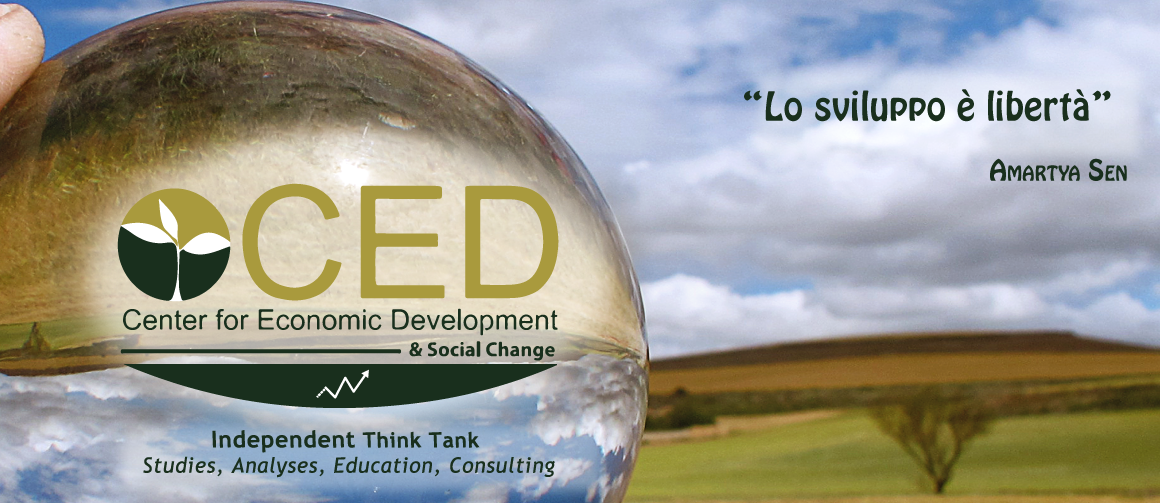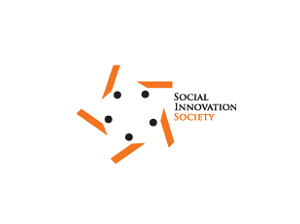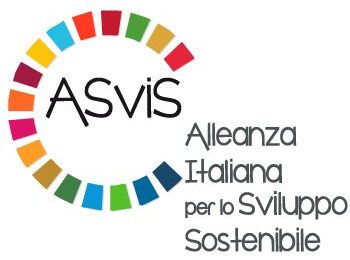The last 15th December 2017, the International Workshop on “Measuring Progresses towards the 2030 Agenda: An Updated Assessment” took place in Milan. The event was organized by FEEM – Fondazione Eni Enrico Mattei and AsVis – Alleanza Italiana per lo Sviluppo Sostenibile. If it is too early to assess the whole process of achievement of SDGs, adopted in 2015 by the United Nations, the workshop shed some lights on the preliminary steps. The workshop has been an opportunity for policymakers, scholars and statistical offices to define the ambitions of SDGs and the methodological approaches for their monitoring and measuring. Eventually, early estimations have been presented by the development of composite indicators.

Source: www.un.org
The first session presented empirical studies about the hindering factors and policy spillovers in achieving SGDs. The session identified the framework for the adoption of adequate mitigation and adaptation strategies, praising for integrated approached in achieving SGDs for better resource management.
Empirical studies have shown the implications of world population growth for SDGs and the implications of climate change mitigation policies for food security and agricultural sectors. Among the negative consequences of failing the achievement of SGDs, Asia and Africa are expected to face large increases in poverty rates and in undernourishment rates.
The second session introduced the issue of measuring and governing Sustainable Development. It might be remarked the presentation by Francesco Felici from Italian Ministry of Economy and Finance (MEF). Felici discussed the effort of the Italian Government in framing the policy dimensions of SGDs, clarifying the MEF strategy of the 5P, i.e. People, Planet, Prosperity, Peace, and Partnership. He also explained how the recent government interventions aim at the achievement of SDGs, in particular in relation to lacking dimensions such as youth and female unemployment and educational system.

To conclude the workshop, Davide Ciferri and Guillaume Lafortune reported the results of the composite indicators of SDGs, respectively from AsVIS and UN Sustainable Development Solutions Network (SDSN). Interestingly, the results appeared similar in terms of country ranking in each dimension of sustainability. Both authors highlighted the need to account for heterogeneity within countries in order to effectively address critical dimensions and area. The research of Ciferri also conducted an interesting simulation exercise for Italy.
It was demonstrated how the adequate implementation of the Italian Government policies has the potential for significant improvements in terms of SGDs composite indicator, especially in the economic dimension with improvements till 120 percent. As policies, they were considered:
- compliance to Paris Agreement;
- 2017 National Energy Strategy (SEN);
- youth and female unemployment measures;
- Industry 4.0 and broadband;
- improved education system.
In conclusion, the workshop was an invaluable chance to get an idea of the current and future challenges in the definition, in the measurement and in the achievement of SGDs from different perspectives and institutions. Overall, it was possible to define common conclusions for the achievement of improved policy effectiveness. Among others, it emerged the need of:
- identifying synergies among SGDs;
- accounting for within-country heterogeneity;
- accessing to comprehensive and integrate data;
- solving major methodological issues (computation vs missing values).








